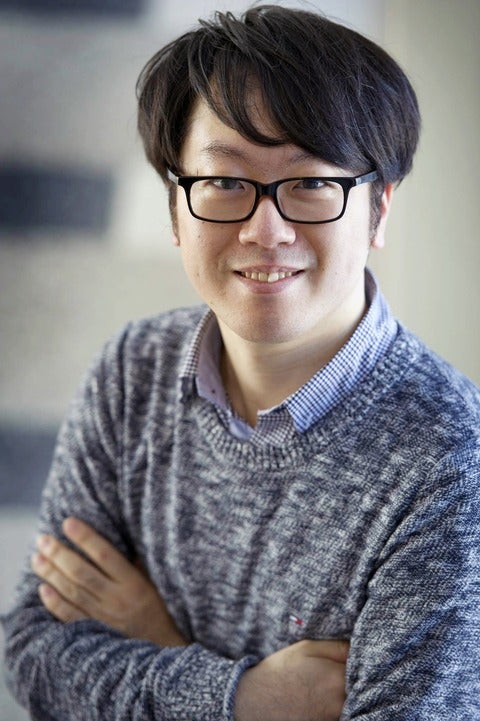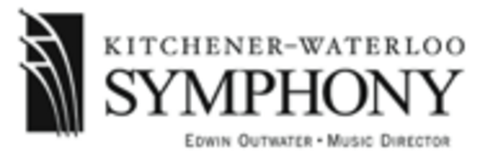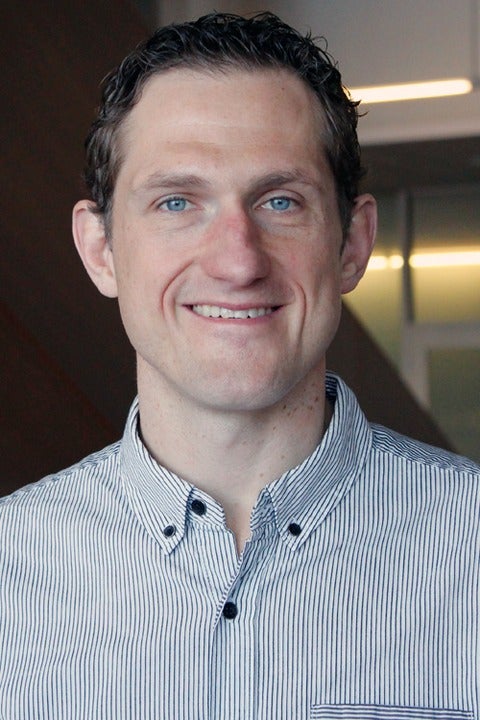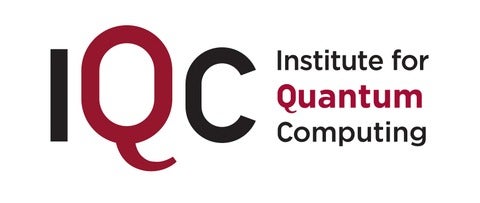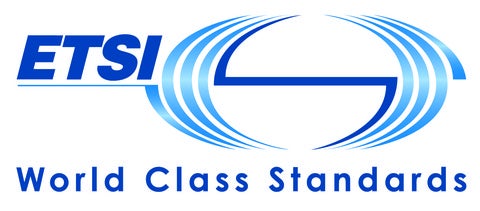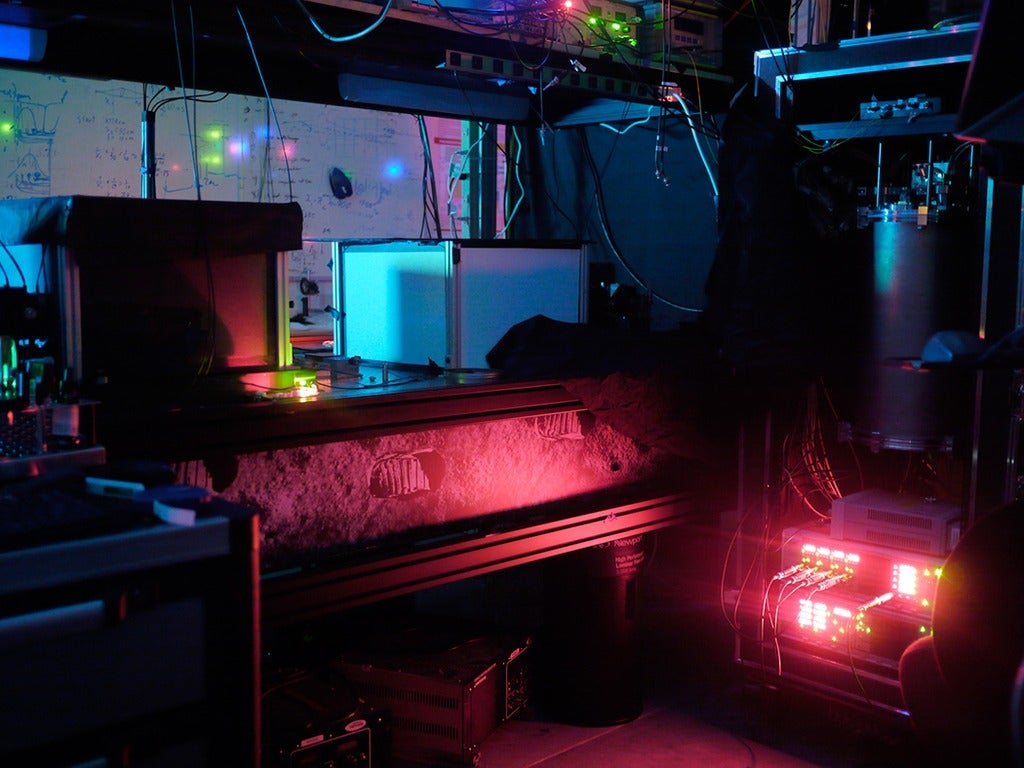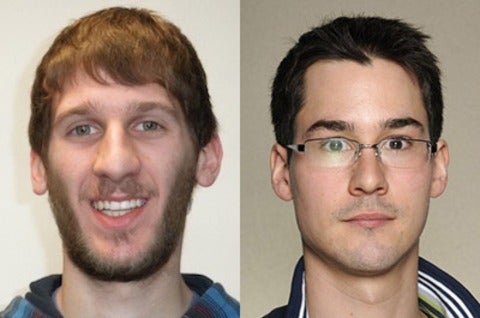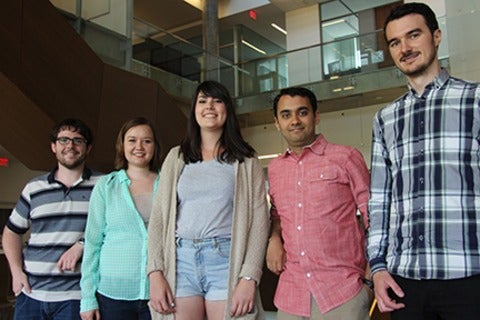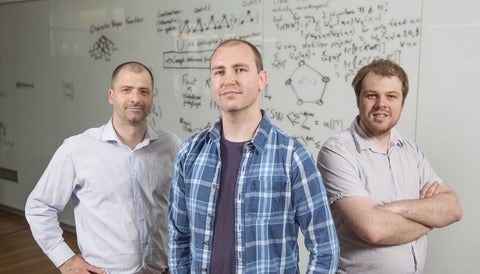QCSYS alumnus wins top high school prize for project with data from an IQC lab
A former QCSYS student was awarded the CAP Physics Prize and Excellence Award – Senior Silver Medal at the Canada-Wide Science Fair 2015 in Fredericton, New Brunswick for a project that he did with IQC researchers.

